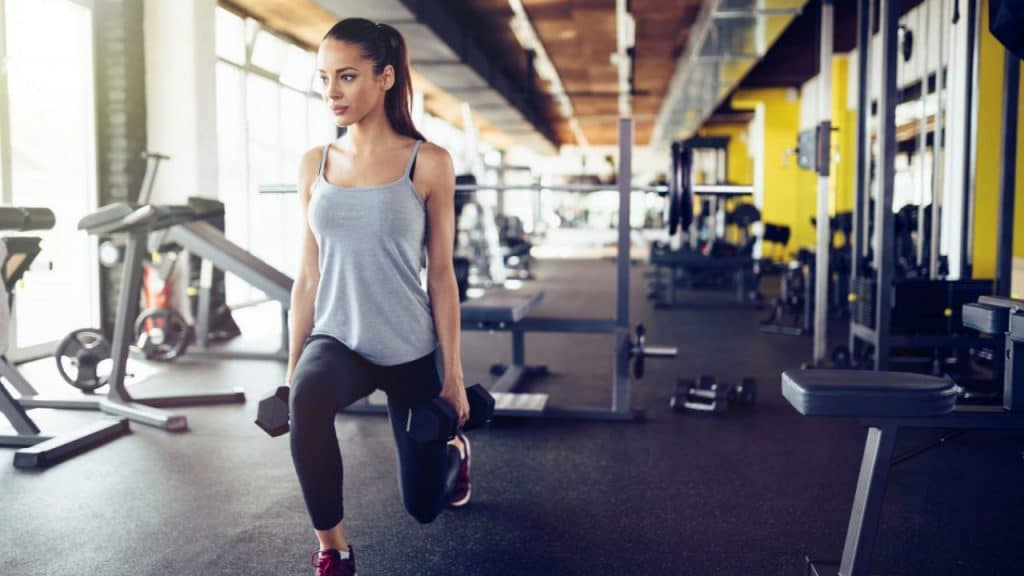So, if you’re anything like me, you might feel a little bit guilty that you don’t do enough exercise. It’s not that you don’t want to do it – it’s just that when life is hectic and you have so much going on, it’s hard to find the time and enthusiasm to establish a proper routine.
Luckily, there are ways to work around a busy schedule and lack of motivation. Exercise doesn’t have to feel like a miserable chore that you’re forced to do. Stop looking at other people and start figuring out exactly what you want from an exercise regimen.
Assuming you’re not training to become an elite athlete who wins medals at the Olympics, you don’t need to devote most of your time to physical training. Just doing 30 minutes a day – even if it is in 15-minute bursts – may be enough to make a difference.
It’s also dependent on the kind of exercise you’re doing. Believe it or not, not every sport or activity is made equal. Some, like weightlifting, are good for strength training if you want to build muscle. Aerobic exercise has a high focus on cardio. It gets your heart and lungs pumping, which is what you need if you want to build your long-term endurance. Then there are options like yoga and Pilates, which are much slower but can be pretty intense and will be of great help to your flexibility and mobility.
Most experts will recommend you combine different types of exercise to experience the most benefits for your whole body. You don’t necessarily need to go to a class or the gym. A brisk walk in your lunch hour may meet your cardio needs and is a good way to build up to more intense exercise if you’re starting from scratch. Carry your shopping while you do it and you’re also incorporating strength training.
As you practice these smaller exercises, you will start to get fitter. Then you can start adding more challenging elements. The earlier in life you start, the better it will be for your long-term health. If you want to maintain a decent level of fitness and mobility in your old age, it doesn’t hurt to start preparing now.
The other important consideration when deciding on an exercise routine that works for you is your current state of health. If you have injuries or medical conditions that limit your movement or sap your energy levels, you’re going to have to be more careful picking activities that won’t aggravate your condition.
Good fitness instructors and personal trainers should know how to adapt a routine to suit different individual needs, but you should also talk to your doctor or physical therapist before starting anything. They will be able to recommend the types of exercise most likely to help you reach a better state of health rather than causing you more pain or long-term difficulties.
With all that in mind, now you can start researching to find out just how many types of exercise are available and which ones sound like something you’ll enjoy. It’s going to be a lot easier to find motivation if you choose something that you think is fun.




